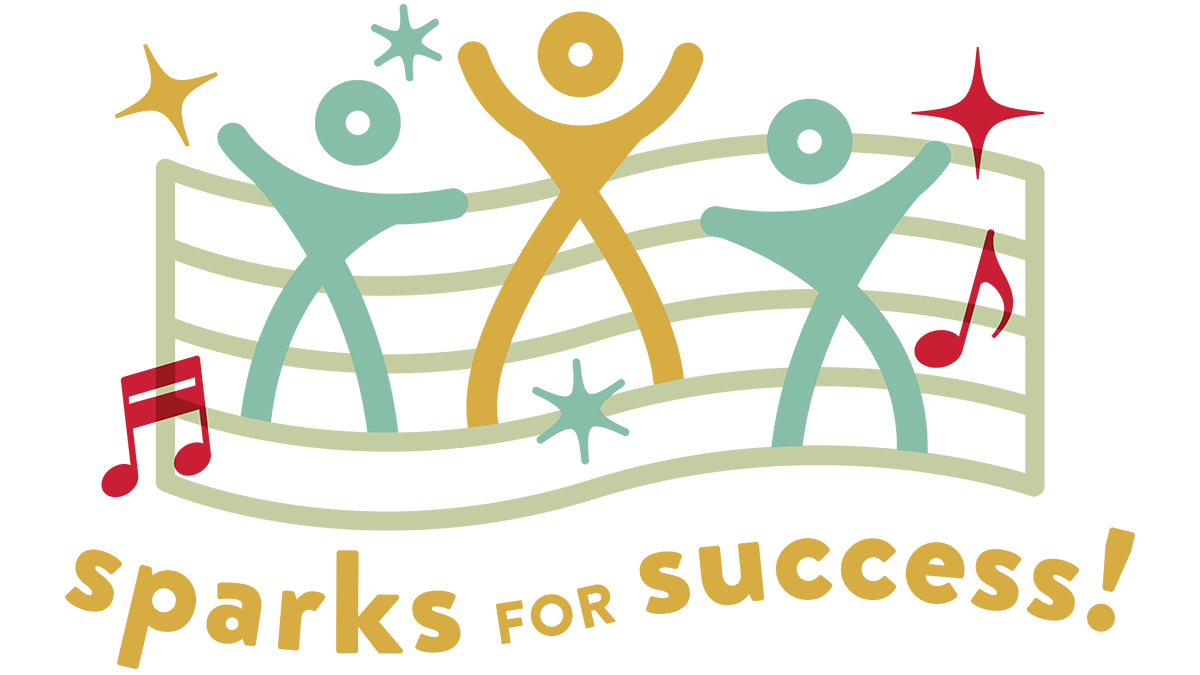Music has long been considered a “universal language”, so it may come as no surprise that World Music Day celebrates musical contributions from all cultures throughout time, from prehistoric peoples to present-day performers. Despite music’s long history, World Music Day was founded relatively recently, in 1982, by the French Minister of Culture Jack Lang, and French composer and radio producer Maurice Fleuret.
Each year, 120 countries celebrate World Music Day on June 21, the summer solstice, as a way to enjoy the longest day of the year and acknowledge the enrichment that music brings to the lives of many.
Why Celebrate Music?
Sparks for Success believes in the power of music as a way to bring healing to all aspects of a person. Music transcends cultural, ethnic, language, gender, age, ability and other barriers as a way to connect people. It allows people of all backgrounds, and children especially, to convey their experiences and feelings to a degree that other forms of communication cannot. Moreover, music can enhance healing, both for physical ailments as well as emotional suffering. Music engages all parts of the brain, and the increased brain activity generates increased neural connections, leading to enhanced well-being. As physician Debasish Mridha has stated, “Music can heal the wounds which medicine cannot touch”.
How Does Sparks for Success Use Music?
At Sparks for Success, we employ music therapy, a form of treatment that uses music to accomplish non-musical goals, as a way to help children of inmates cope positively with and grow through their traumas. Here are just a few of the ways music is used to help these kids heal and grow:
- Children who might act out in anger when antagonized by a peer can listen to a song to help them identify how they are feeling in that moment. By learning to identify their emotions and speak them out loud, they can move out of fight-or-flight reactivity, then identify and choose positive responses to the challenging interactions.
- Children who behave impulsively may benefit from an activity where they imitate the consistent, predictable beat of a drum that a therapist or another child sets for the group to follow. Following the drumbeat helps them practice focusing their attention and controlling their impulses.
- Children who are shy may be encouraged to add a lyric to a song that the group is writing. Taking initiative through participating actively in group tasks can help them develop self-confidence and leadership skills.
- Children who are scared and live in unpredictable environments can come to expect a similar format in the group each week. For example, they can expect the sessions to occur at the same time each week, the same opening and closing song, and safe and fun music-based activities in between.
Music is critical for not just everyday enjoyment, but also life-long enhancement, and as such, it can be enjoyed anytime, not just on June 21st!
Want to help us spread the enjoyment of music to the next generation?
https://www.twinkl.com/event/world-music-day-2024

